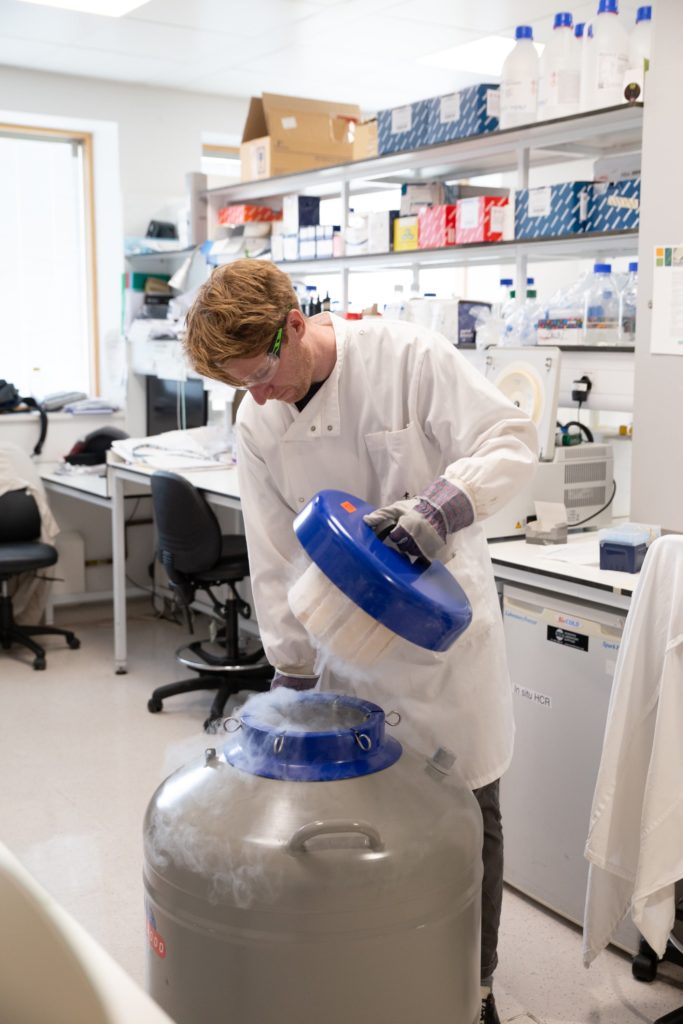Sumru Bayin receives Wellcome Career Development Award
October 4, 2023
Read more
The key finding was that the general public were amazed by the progress of the research, appreciated the dialogue with the scientists and their commitment to discuss ethical responsibilities, and were keen to engage further with scientists and regulators about this work.

Human embryo model. Credit: Theresa and Sargon Gross-Thebing
Our understanding of the early stages of human embryonic development has advanced rapidly over the last few decades. This fundamental knowledge has led to improvements in IVF, mitochondrial donation therapies and new treatments for spina bifida. These discoveries have all been made within an ethical and legal framework for working with donated human embryos that was established in the 1980s.
Recent research into human embryo culture techniques and into the development of human embryo models derived from stem cells open new possibilities for studying human embryonic development and have the potential to lead to new advances in human health. But do these future research possibilities remain in-line with societies’ expectations and ethical values?
To answer this question, the Wellcome-funded Human Developmental Biology Initiative (HDBI) partnered with the UK Research and Innovations Sciencewise programme to commission a public dialogue project to explore the views of the UK public on human embryo research. This is one of the first projects of its kind worldwide and engaged a broad cross-section of the UK public, scientists, lawyers and ethicists in a two-way dialogue process; capturing a broad range of views and attitudes. There was widespread public amazement at the progress of human embryo research and a tremendous appetite to engage meaningfully with scientists and regulators about how this work should be conducted in the future.

Credit: ljubaphoto
The UK (including the University of Cambridge, Babraham Institute, HDBI) is continuing to lead the way in both human embryo/embryo models research and in its ethical implications. This report is an important first step, demonstrating the commitment of the scientists to consider the ethical and social implications of their research and the interest and engagement of the public.